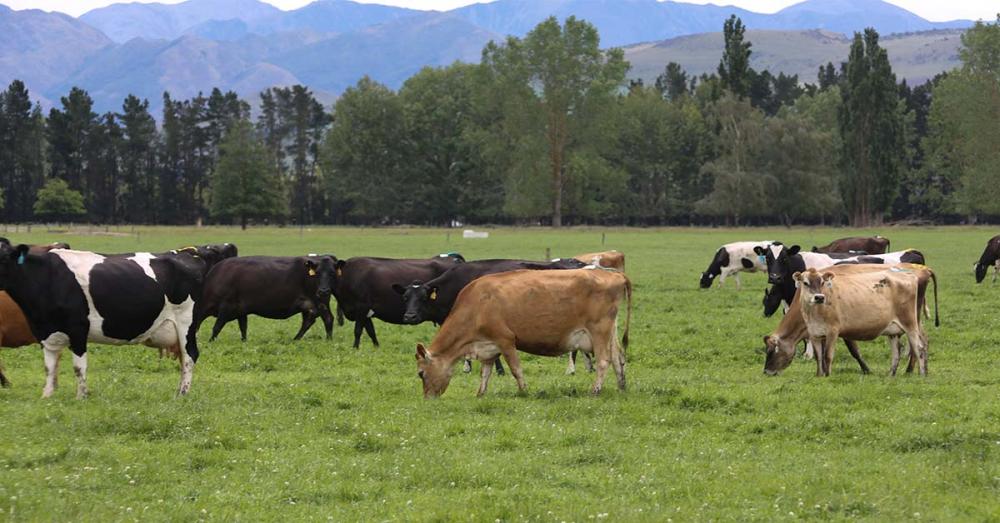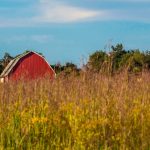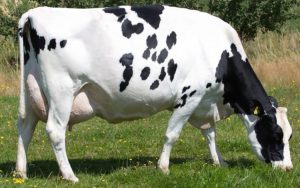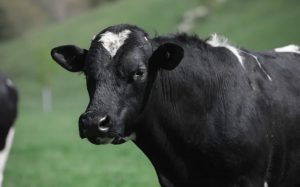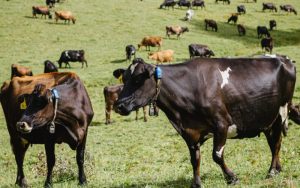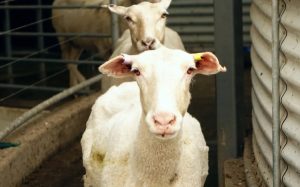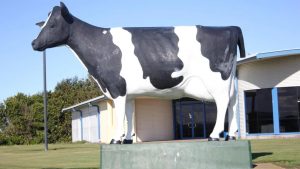
The research by Queen’s University in Belfast, Northern Island, investigated the psychological effects pasture and being outside had on dairy cows.
The study, which was the first of its kind, found that “livestock lockdown” may damage the emotional wellbeing in dairy cows.
The research has been published in the nature journal Scientific Reports.
To conduct the study, the researchers gave 29 Holstein-Friesian cows 18 days of overnight pasture access and 18 days of full-time indoor housing, and used a series of food buckets as rewards to measure emotional states.
The researchers found cows kept indoors full-time were faster to approach the known rewarded bucket location.
“Increased reward anticipation suggests that an animal has fewer rewards in its life, so our results indicate that pasture is a more rewarding environment for dairy cows, which may induce more positive emotional wellbeing than full-time housing,” lead author of the paper Andrew Crump said.
DairyNZ’s senior manager for solutions and development Helen Thoday says the reason why cows had better emotional wellbeing when outside eating pasture was that it allowed the animal to express its natural behaviour.
“Being outside allows them the space and the ability to move around and they have the biggest opportunity in NZ out of any other dairying nation to express the most amount of natural behaviours most of the time,” Thoday said.
She says there are sub-groups within cow herds and being outside allowed cows to be with their “cow friends” to socialise with and be safe with.
It also allowed the cow to rest in a way it was most comfortable with. The design of stall barns used in the Northern Hemisphere forced cows to rest in a certain way.
The cows also got different scenery outside, which could also improve their welfare.
“We don’t know if cows value looking at a public road and seeing things go past and the changing background they get, which they wouldn’t get in a barn,” she said.
Cows also appreciated and valued the choice of being able to go indoors if a barn or covered feedpad was available during the seasonal extremes.
“It’s not always about being outside. In great weather, there’s all these ways of them being able to express their natural behaviour, but they’ll also say ‘actually today I’d rather protect myself from the southerly and bunch up next to Bessie, even though I don’t really like her, because that’s the best thing for me today’,” she said.
“We can’t ignore the survival requirements and the comfort requirements of stock as well.”
This is why farmers use covered feedpads or barns to allow the cows that option, and it was very different to systems in the Northern Hemisphere where cows were confined to barns.
Thoday says NZ dairy farmers can take a sense of satisfaction that scientists are beginning to better understand the benefits of their farm system.
“It’s kind of like everyone’s winning when we focus on grass production, having cows outside on grass is just a triple win for the consumer, the cows and the carbon footprint,” she said.
